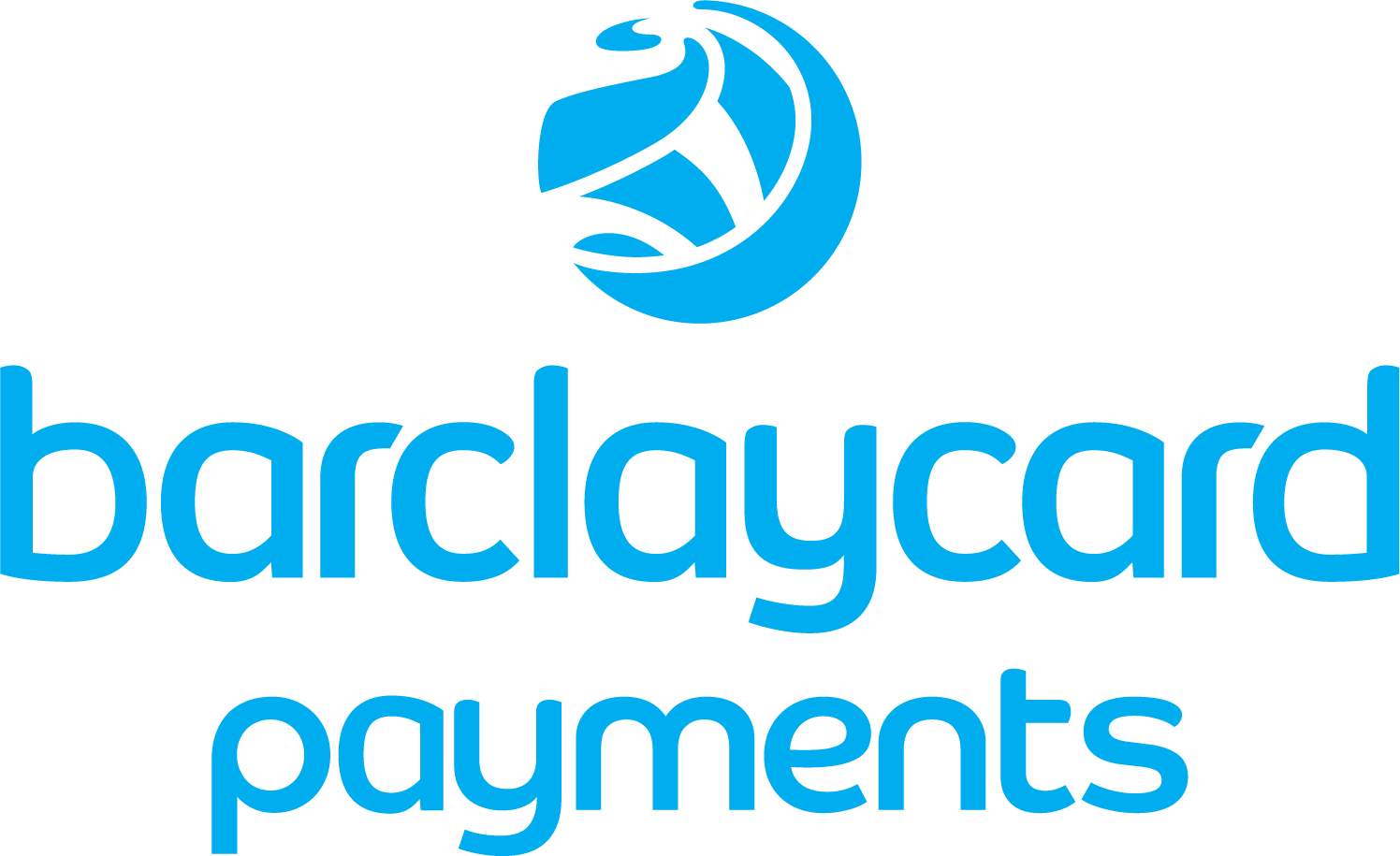- Accept card payments – lowest rates from 0.27%
- Keep your card processing fees to a minimum
- Direct access to the UK’s leading card processing banks
- We ensure your rates always remain competitive
No spam emails or calls
Choose from the payment methods then click Next
What's your turnover each month?
Enter the name of your company
Enter your company's postcode and contact number
Tell us what you need
Fill in our quick form and we’ll give you a call for a brief 5-minute chat to understand exactly what you're looking for.
Get tailored quotes
We’ll match you with up to three of the most competitive offers from our trusted providers that suit your business.
Pick with confidence
We’ll help you understand the options so you can choose the best fit — quickly, clearly, and without any pressure.






Card Schemes
Card Schemes
What is Card Scheme: An In-depth Look at Card Schemes
Card schemes are central to the world of electronic payments, enabling credit and debit card transactions for consumers and businesses alike. Whether you’re paying online, in a physical store, or through a mobile wallet, card schemes help process payments securely and efficiently. But what is a card scheme, and why should businesses, especially small ones in the UK, understand how they work? This article explores card schemes in depth, including the fees charged, key players, and how card schemes play a crucial role in the payment ecosystem, helping businesses accept card payments.
Introduction to Payment Systems
Payment systems are the backbone of global commerce, enabling secure and efficient transactions between consumers and merchants. At the heart of these systems are card schemes, which facilitate credit and debit card payments. Card schemes, such as Visa and Mastercard, are payment networks that connect banks, merchants, and cardholders, setting the rules and standards for issuing cards and processing payments. This ensures secure transactions and helps prevent fraud.
Card schemes play a crucial role in the payment ecosystem, facilitating transactions between merchants and cardholders. Understanding how card schemes work is essential for businesses to make informed decisions about accepting card payments. These schemes enable millions of transactions daily, making them a vital part of the global payment infrastructure. The use of credit and debit cards has increased significantly, and card scheme fees are a key consideration for businesses. By understanding the intricacies of card schemes, businesses can better navigate the complexities of the payment ecosystem and optimize their payment processing strategies.


What Is a Card Scheme?
A card scheme is a payment network that facilitates credit and debit card payments between cardholders, merchants, and financial institutions. Financial institutions, such as banks, pay membership fees to card schemes to issue cards and acquire merchants that operate within these networks. The most well-known card brands include Visa, Mastercard, and American Express — some of the largest global brands in the world of digital payments. These schemes establish the rules, standards, and infrastructure that allow secure transactions between all parties involved in a payment transaction.
Each scheme connects the card issuer (the bank or financial institution that issued the card to the customer) with the acquiring bank (the merchant’s bank that processes the payment on behalf of the business) through card networks, ensuring secure and efficient transactions.
The cardholder’s bank, also known as the issuing bank, is responsible for providing the payment card to the cardholder and managing their account, thereby facilitating transactions and authorizations during purchases.
Types of Cards
A debit or credit card is a payment method utilized in transactions, held by consumers, and functions within payment gateways to ensure secure processing of transactions between the customer and the merchant.
Types of Cards
There are several types of cards that consumers use for transactions, including credit cards, debit cards, and prepaid cards. Credit cards, such as those offered by Visa and Mastercard, allow cardholders to make purchases on credit, which they can pay off over time. Debit cards, on the other hand, draw funds directly from the cardholder’s bank account, providing a more immediate form of payment.
Card issuers, such as banks and financial institutions, issue these cards to consumers. The card scheme fees associated with each type of card can vary, with credit cards typically having higher fees than debit cards. Merchants must consider the types of cards they accept and the associated fees when deciding on a payment processing solution. The main card schemes, such as Visa and Mastercard, offer a range of card products, including credit and debit cards. Understanding the different types of cards and their associated fees is essential for businesses to optimize their payment processing and manage costs effectively.
Four-Party vs. Three-Party Card Schemes
Four-Party Scheme
Most card schemes follow a four-party scheme model:
-
Cardholder – The individual using a credit or debit card.
-
Issuing Bank – The cardholder’s bank that issued the card.
-
Merchant – The business accepting the card payment.
-
Acquiring Bank – The merchant’s account holder, which processes payments on behalf of the merchant.
The four-party model includes Visa and Mastercard, where the payment networks act as intermediaries but do not issue cards themselves.
Three-Party Scheme
In contrast, American Express operates a three-party scheme, where the card scheme is also the card issuer and the acquiring bank. In this model, there is only one franchisee that issues its own cards, manages the merchant relationship, and processes the transactions. This vertical integration gives more control but can lead to higher transaction fees.
How Card Schemes Facilitate Transactions
Whenever a customer makes a card transaction, a series of steps in the transaction process is triggered:
-
The merchant’s payment gateway or payment processor sends an authorisation request to the acquiring bank.
-
The request is passed via the card network to the cardholder’s bank and the merchant’s bank.
-
The issuing bank approves or declines the transaction based on available funds, fraud checks, and card status.
-
A response is sent back through the network to the merchant’s bank, completing the authorisation and updating the merchant’s account.
-
Later, the acquiring bank pays the merchant, minus several fees, and the issuing bank charges the cardholder.
This behind-the-scenes process happens in seconds, enabling in-store payments, online transactions, and other electronic payments to flow smoothly.
International Transactions
International transactions involve the transfer of funds across borders, often using credit or debit cards. Card schemes, such as Visa and Mastercard, facilitate these transactions by connecting merchants and cardholders globally. However, the card scheme fees associated with international transactions can be higher than those for domestic transactions, due to additional complexities and risks.
Merchants must consider the fees and exchange rates associated with international transactions when deciding on a payment processing solution. The use of credit and debit cards for international transactions has increased significantly, with card schemes playing a crucial role in facilitating these transactions. The payment ecosystem for international transactions involves several parties, including the card scheme, acquiring bank, and issuing bank. Understanding the complexities of international transactions is essential for businesses to navigate the global payment landscape effectively. Card schemes, such as Visa and Mastercard, have established partnerships with banks and financial institutions to facilitate international transactions, ensuring that businesses can operate smoothly across borders.
Card Scheme Fees and Other Charges
Understanding the fee structures associated with accepting card payments is vital for businesses. Card scheme fees are just one part of a complex web of fees that include:
-
Interchange Fees – Paid by the acquiring bank to the issuing bank. These vary based on the card type, transaction value, and whether it’s domestic or cross-border.
-
Scheme Fees – Charged by the card scheme itself (e.g. Visa or Mastercard) to both the acquiring and issuing banks.
-
Processing Fees – Charged by payment processors or gateways for handling payment transactions.
These fees can be variable, depending on the type of transaction, security measures, merchant category, and other financial institutions involved. For example, online payments tend to carry higher risk and may incur higher variable fees than physical store transactions.
Security Standards and Regulations
Card schemes also enforce global security standards to ensure secure transactions and reduce fraud. Standards like PCI DSS (Payment Card Industry Data Security Standard) are required for any business that processes payments involving credit and debit cards. Non-compliance can result in penalties or being barred from accepting card payments altogether.
In the UK, card schemes must also operate under regulations enforced by the Payment Systems Regulator (PSR), which aims to ensure fair competition and transparency — especially around the fees charged and access to payment systems.
The Role of Payment Networks in Different Countries
In addition to global players like Visa, Mastercard, and American Express, some payment networks linked to card schemes operate more regionally. For example:
-
JCB – Popular in Japan and increasingly accepted in the UK.
-
UnionPay – The dominant card scheme in China, also expanding internationally.
-
Discover/Diners Club – US-based but supported by global acquiring partnerships.
Each payment network has its own set of rules, fees, and relationships with acquiring banks and issuing banks across different countries.
Why Card Schemes Matter to Small Businesses
For UK small businesses, understanding card schemes helps make informed decisions about payment processing solutions. While offering credit card payments and debit cards is almost essential today — especially for online payments — the associated fees can eat into margins.
It’s important to compare payment processors, look closely at the breakdown of card scheme fees, interchange fees, and processing fees, and understand how each player in the chain — from merchant’s bank to cardholder’s bank — affects your costs.
Some providers offer simplified flat-rate pricing that bundles all transaction processing fees, while others offer interchange-plus pricing, which can be more transparent but harder to predict.
Final Thoughts
Card schemes are the backbone of modern digital payments, allowing billions of payment transactions to take place seamlessly across the globe. From credit card brands like Visa and Mastercard to the three-party scheme of American Express, these networks connect consumers, businesses, and financial institutions in a tightly regulated, secure web of activity.
Understanding how card schemes play into the broader payment ecosystem — including their fees, security standards, and relationships with banks and processors — can empower UK merchants, especially small businesses, to make smarter choices when it comes to accepting card payments.
Whether your business operates in a physical store or relies on online transactions, having a grasp of card schemes helps ensure you’re not just accepting payments but doing so efficiently, securely, and cost-effectively.